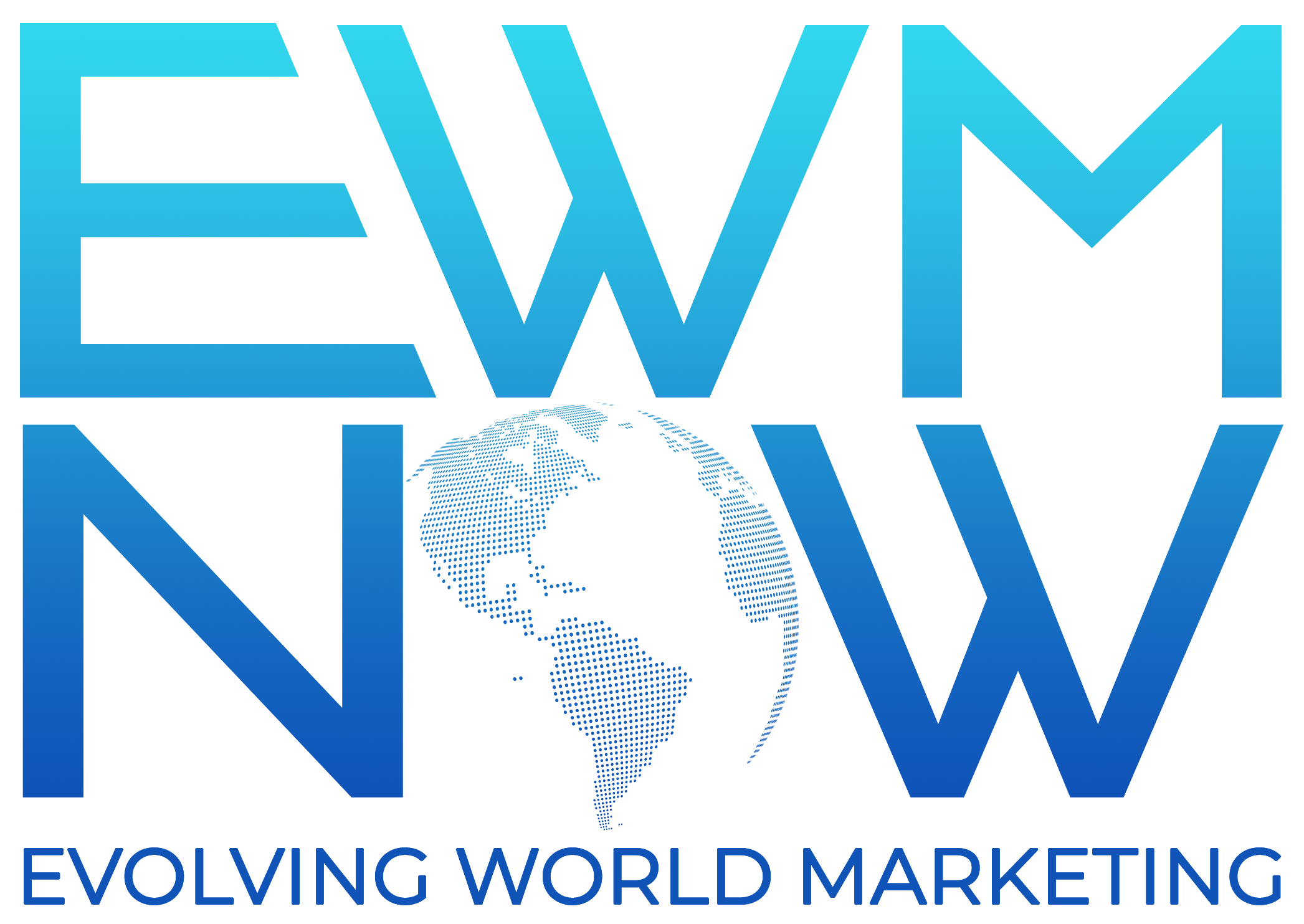Of all the online advertising models that exist, there is one that stands out for its effectiveness and for the results it offers. We are talking about PPC, an acronym for "Pay Per Click". In this article, we will explain what PPC means and the benefit of it.
What is PPC?
Pay Per Click is a model of advertising or marketing model on the internet where the advertiser pays only when a user clicks on an ad. The ad will have a link that will take the user to a page called a landing page.
This ad can appear on a search engine results page (SERP) such as Google or Bing, or it can appear on a web page that sells advertising space, either as a banner or as a text.
The PPC model is found, for example, against others such as the CPM (Costs Per Mille) or the CPA (Cost Per Acquisition). The choice of any of them will always depend on the objectives of the advertising campaign.

BENEFITS OF PPC
There are various key advantages that make PPC a compelling choice for some marketers and advertisers. In case you're still in doubt about how PPC can impact your business, putting some time into finding out about its benefits can assist you immensely.
1. ADVERTISER PAYS ONLY WHEN A USER CLICKS ON AN AD
The first advantage of PPC is that you only pay if the user clicks on the ad. That is to say, the printing of the advertisement either in the search engine or on a website is completely free. Taking into account that there is the CPM model, which pays for a thousand impressions, with PPC we are getting visibility (impressions) for free. These impressions will help your brand have a greater reach and therefore will improve the branding of your company.
2. TARGETED AUDIENCE
PPC advertising is highly segmentable, whether you do it in search engines or on websites. Let's see an example: Suppose we have a restaurant in London, a local business, and we want to advertise in search engines impacting only residents in this city. We can make a campaign in AdWords in which our ads only appear to the residents of London and pay only when they click on our ads.
Now let's say that we want to advertise our restaurant on websites that talk about leisure activities or activities related to gastronomy. In this case, we could make a display campaign for PPC, having our ads only appear to the visitors of these sites. This means that we can target a more segmented audience, which increases the chances that you will end up making a conversion.
3. CONTROL
Another advantage offered by PPC is the control you are going to have over the results obtained, unlike traditional media such as radio, press, or television, where you made a prior payment to have a presence in the chosen medium, even though it is not possible to accurately measure the yields obtained.
However, in PPC campaigns, you can measure in real-time and with precision the results that the campaign is reporting, and pay only for these results.
4. REAL-TIME OPTIMIZATION
Knowing what the results are of the PPC campaign will allow you to optimize it in real-time. What this means is that if a campaign is not achieving the results you expect, you can easily make the necessary changes immediately to improve them.
Suppose an ad is not having the effect you expected, you have the freedom to either pause it or to exchange it for another at any time.
CONCLUSION
PPC has proven to be very successful and has an attractive strategy for business. It also helps to make a balance between risk and benefits, since the cost per click tends to be low. With it, you can be certain about your ad results and prospects.
If you need assistance with PPC, look no further! We would love to work with you, so please take advantage of our FREE CONSULTATION.

Comments